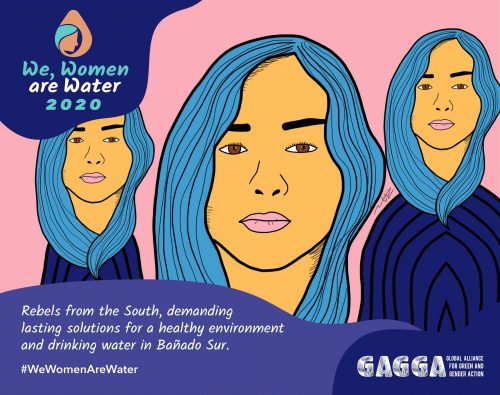
In Bañado Sur on the outskirts of Asunción is the Cateura garbage dump, the largest in Paraguay. On a daily…
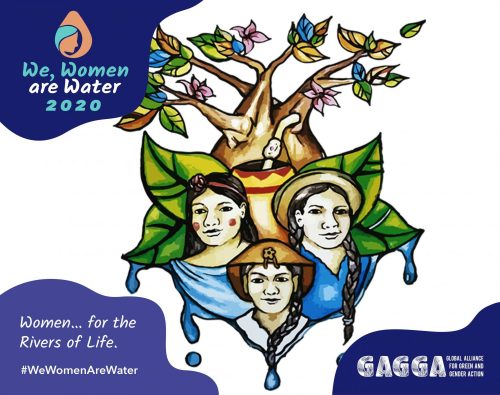
Villa Montes, located in El Chaco, Bolivia, is an area known for oil and gas production, an industry that has…
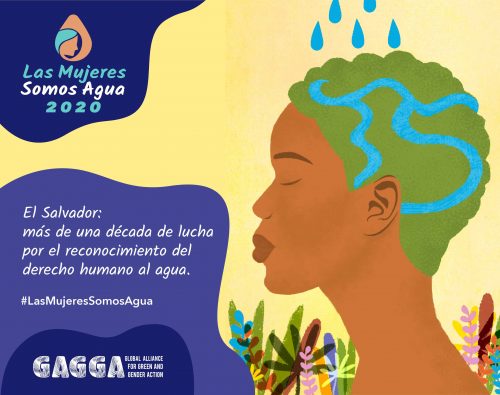
Environmentalists in El Salvador (RACDES) fight for water across the entire country. The problem of access to drinking water previously…
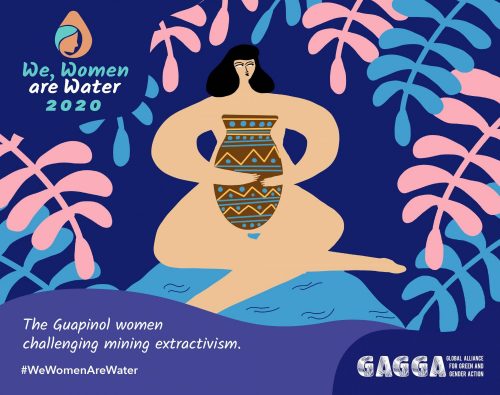
The region of Colón in Honduras hosts 11 percent of the country’s mining concessions. At the beginning of 2012, the…
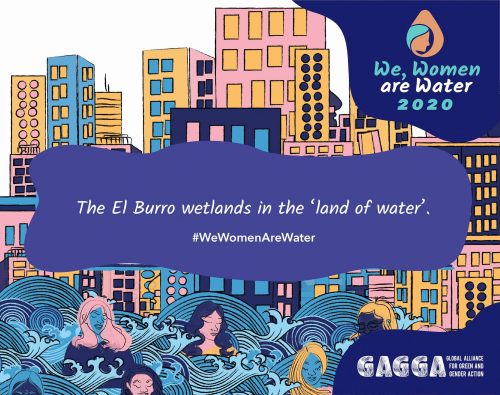
The city of Bogotá, with its 7.5 million inhabitants, has been built mainly on wetlands and ecological corridors. The El…
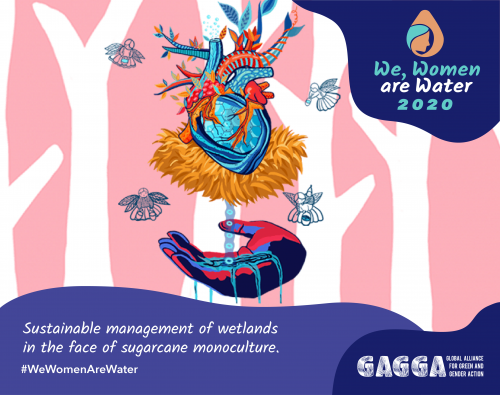
The southern wetlands of Honduras along coastal areas in the Gulf of Fonseca is the 1000th “Ramsar” site, meaning it…
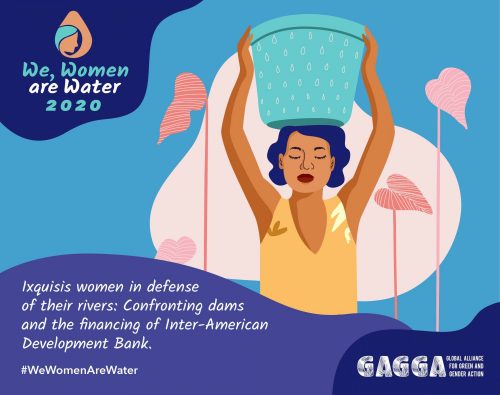
The micro-region of Ixquisis, in the north of the region of Huehuetenango, Guatemala, has been inhabited by indigenous Mayan communities…
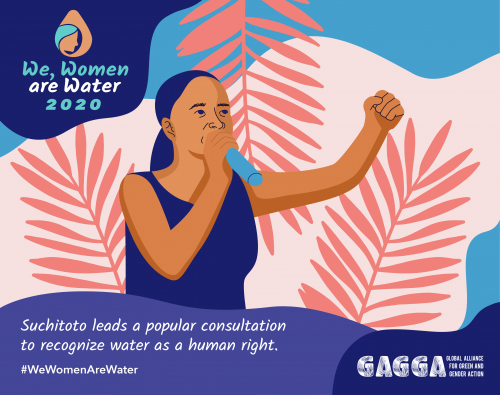
Suchitoto in El Salvador has made a landmark achievement: it is the municipality with the greatest water coverage as a…
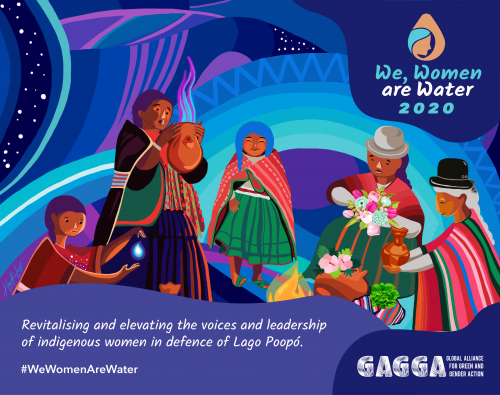
Lake Poopó, situated in Oruro, Bolivia, is also known as “Mama Qhocha,” a symbol of reproduction and a sacred place…